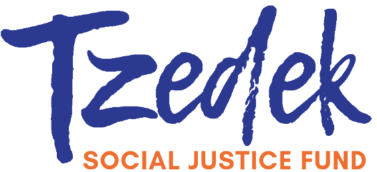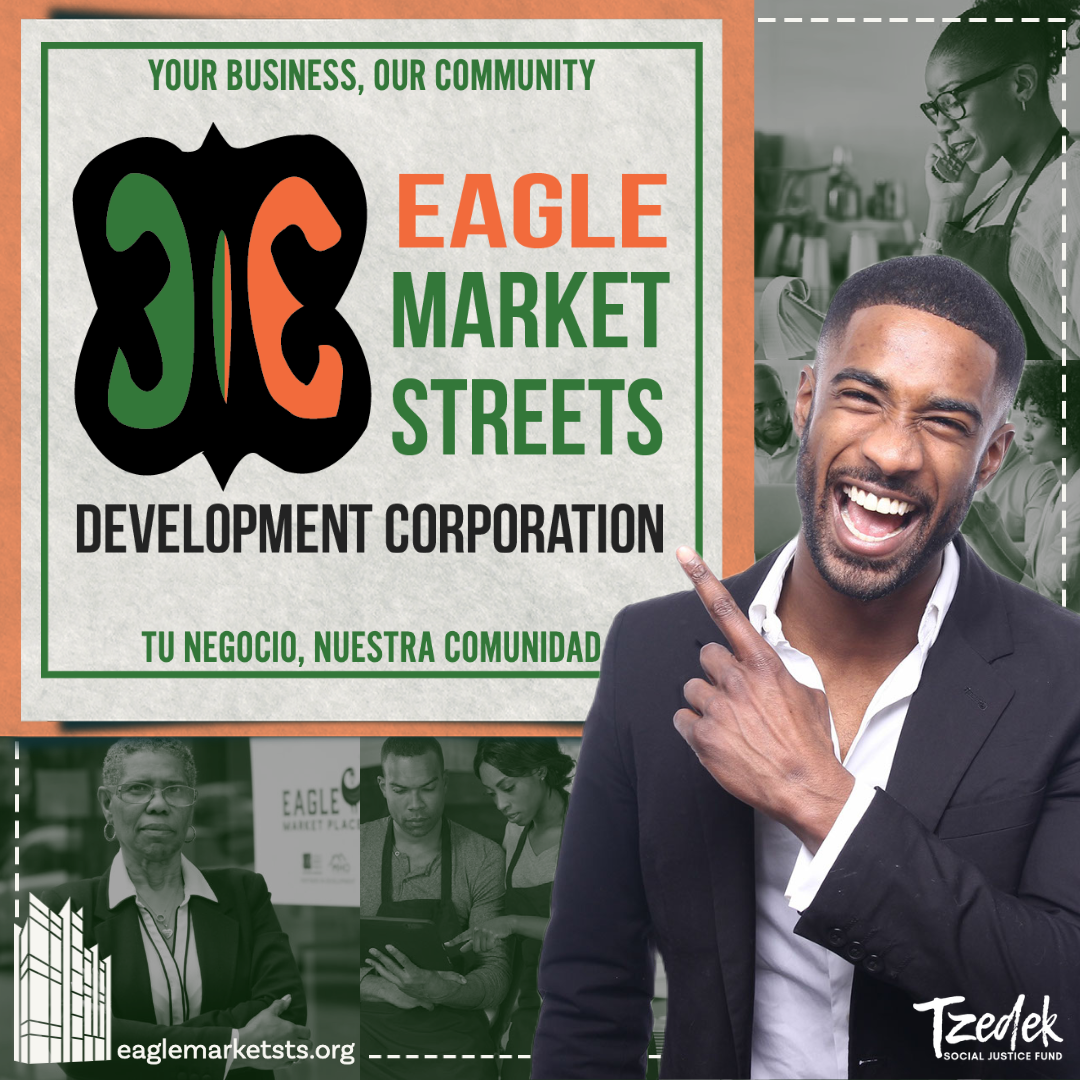Available in Español
At Eagle Market Streets Development Corporation (EMSDC), community elevation is serious business. Instead of accepting the slow pace of economic and social development for low-to-moderate-income (LMI) communities, EMSDC bulldozed new paths for poverty eradication in Western North Carolina (WNC). For EMSDC, investing in the local Black, Indigenous, and People of Color (BIPOC) small business sector makes common sense across the board – from uplifting individuals to maximizing community benefit. Read on to find out what’s up at EMSDC!
Laying the Foundation
In 1994, under the leadership of Dr. John H. Grant and the auspice of Mt. Zion Missionary Baptist Church, EMSDC broke ground as a 501(c)(3) not for profit serving its mission “to develop people, property, and business and envision economic and social justice for all.” Experience and innovation are the secrets to EMSDC’s skyscraping success. Having lived through the urban renewal game of the 1950s to 1980s, the nonprofit reengineered resource access for underutilized, underserved, and underrepresented business leaders and businesses.
Since 2004, EMSDC President and CEO Stephanie Swepson Twitty has been instrumental in reimagining community investment and revitalizing The Block, Asheville’s historic Black business district. As always, this ever-evolving and complex work-in-progress is where community, collaboration, and creativity converge in designing the next phase for Black Asheville development. Tzedek is honored to be one of the multiple funding sources backing the EMSDC powerhouse. The bottom line: EMSDC is architecting societal transformation in the WNC region. We’re talking forging futures and demolishing disparities.
Zoning WNC for Social Justice
Property development, economic business development, and community capacity building are the main pillars of the organization’s blueprint for achieving greater economic and social independence. EMSDC’s comprehensive plan for crafting a sustainable, just, and promising community focuses on opportunity, empowerment, self-sufficiency, asset and wealth building, education, and awareness, understanding that these are the tools for fast-tracking economic and social justice. Let’s dig into programs to better understand how EMSDC structures and leverages partnerships.
Individual Development Accounts (IDAs)
IDA is a “matched savings program” that provides capital for microenterprise businesses and higher education in assisting representative leaders and entrepreneurs in successfully navigating a free-market system set up to benefit their mainstream counterparts. Enterprise is a world of its own. While free markets boast open doors, failure is likely for those lacking fluency in the various languages of big business – from capitalization planning to legal structure design to strategic marketing. When cash is readily on-hand, you can hire the expert; however, if you are part of the non-majority LMI community, you have to become the expert (or experts); this is where IDA grants fit in. Working closely with Mountain BizWorks and the Western Women’s Business Center, this year-long program teaches entrepreneurs how to protect (and grow) their own assets.
Community Benefit Partner Program
This program allows EMSDC to offer fiscal sponsorship to emerging and newly formed nonprofits and special for-profit entities seeking the ability to solicit in conjunction with their Corporate Social Responsibility activities. The program currently supports 6-7 groups, including TEDx Asheville, Black Asheville Demands, CoThinkk, Racial Justice Coalition, Mother Read, and Avery Health – Education and Consulting. The investment rationale is clear, as the community returns gained from these partner investments are high.
Community Equity Fund (CEF)
The CEF is another value maximization machine! The program helps BIPOC majority-owned businesses scale up by increasing market share or job creation. To date, CEF has invested $200,000 in three business partners, including Grind AVL Club. As new cash flows come in, EMSDC persists in tipping the balance sheet in favor of increasing partner equity and expanding partnership networks.
Eagle Market Place
EMSDC continues to (literally and figuratively) “raise the roof” by providing commercial, residential, office, and retail space. Eagle Market Place is a 62-unit affordable housing project located in the heart of downtown Asheville. Commercial spaces are located just around the corner and are home to 11 businesses. In fueling its community benefit through economic development commitment, the nonprofit also celebrated the recent purchase of a 60,000-square-foot warehouse located in the center of Old Fort, NC. The scope may shift, but the mission remains constant.
Closing the Deal
As EMSDC examples, equitable inclusiveness in the small business sector is a critical benchmark for assessing social and economic development success. There is no such thing as a “free market” so long as barriers to meaningful, equitable social and economic inclusion remain. Collective liberation requires collective solutions. Let’s amplify the EMSDC effect!

